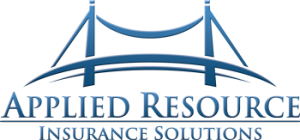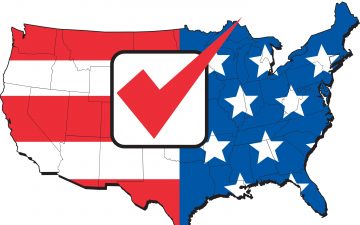
5 Tips on Individual Shared Responsibility Payments
Exemptions, Making the Payment, & More
The Affordable Care Act’s individual shared responsibility provision (also called the individual mandate) requires every individual to have minimum essential coverage (MEC) for each month, qualify for an exemption, or make a payment when filing his or her federal income tax return.
Here are five things the IRS wants individuals to know about this payment:
- Individuals are not required to make a payment if they had MEC or qualified for an exemption for each month of the year.
- Individuals that did not have coverage, and whose income was below the tax filing threshold for their filing status, qualify for a coverage exemption and should not make a payment.
- Individuals that are not U.S. citizens or nationals, and are not lawfully present in the United States, are exempt and do not need to make a payment.
- If an individual is responsible for the payment, he or she should pay it with his or her tax return or in response to a letter from the IRS requesting payment. Taxpayers should not direct payment to any individual or return preparer.
- The payment amount due is reported on Form 1040 in the “Other Taxes” section, and in the corresponding sections of Forms 1040A and 1040EZ. Individuals are only required to make a payment for the months they (or their dependents) did not have MEC or qualify for a coverage exemption.
In most cases, the payment reduces an individual’s refund. If an individual is not claiming a refund, the payment will increase the amount owed on his or her tax return.
To learn more, visit the IRS Reporting and Calculating the Payment webpage, or use the IRS’ interactive tax assistant tool.



